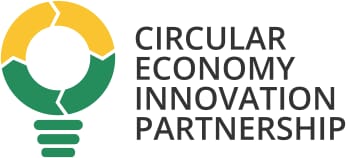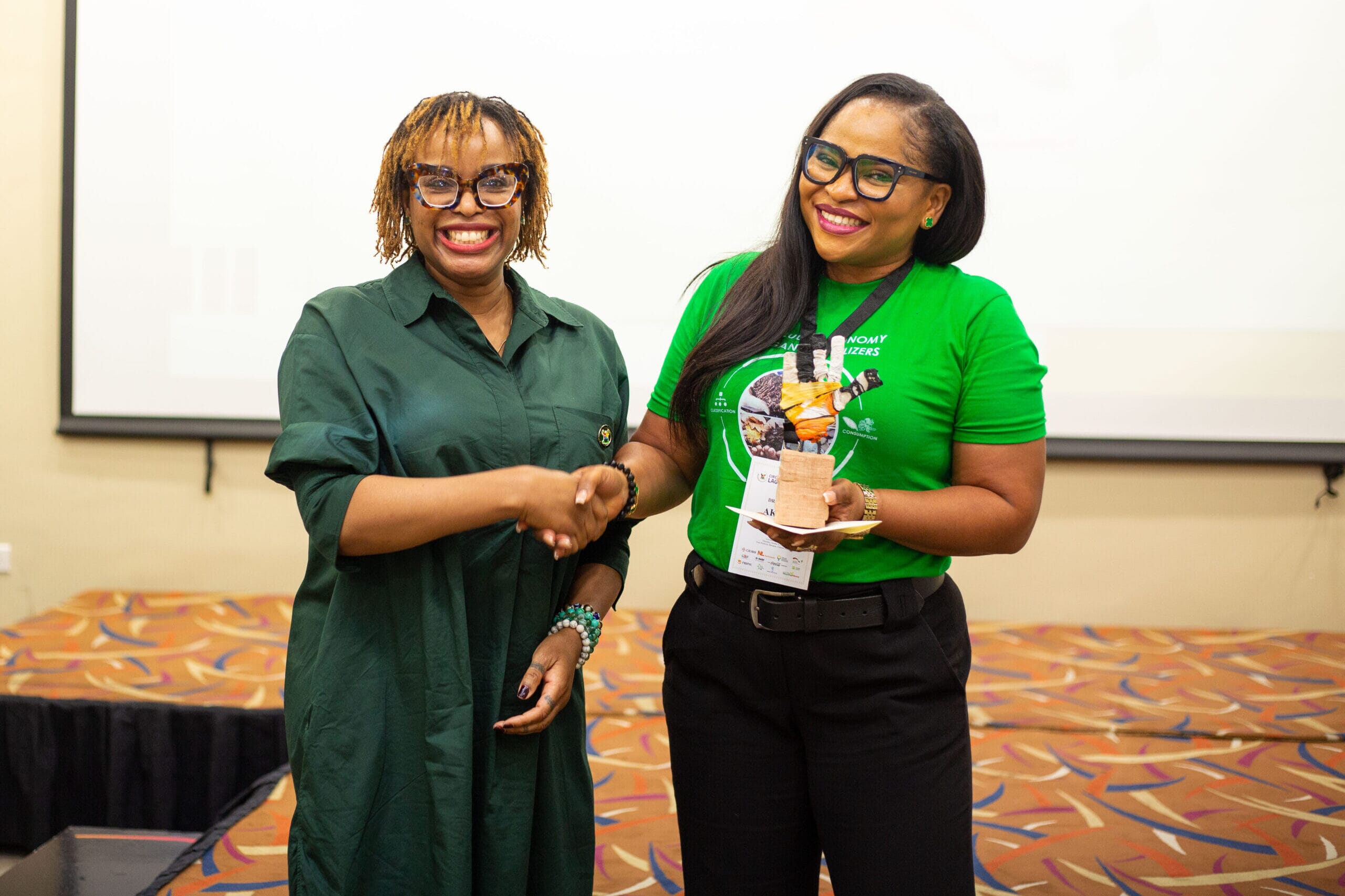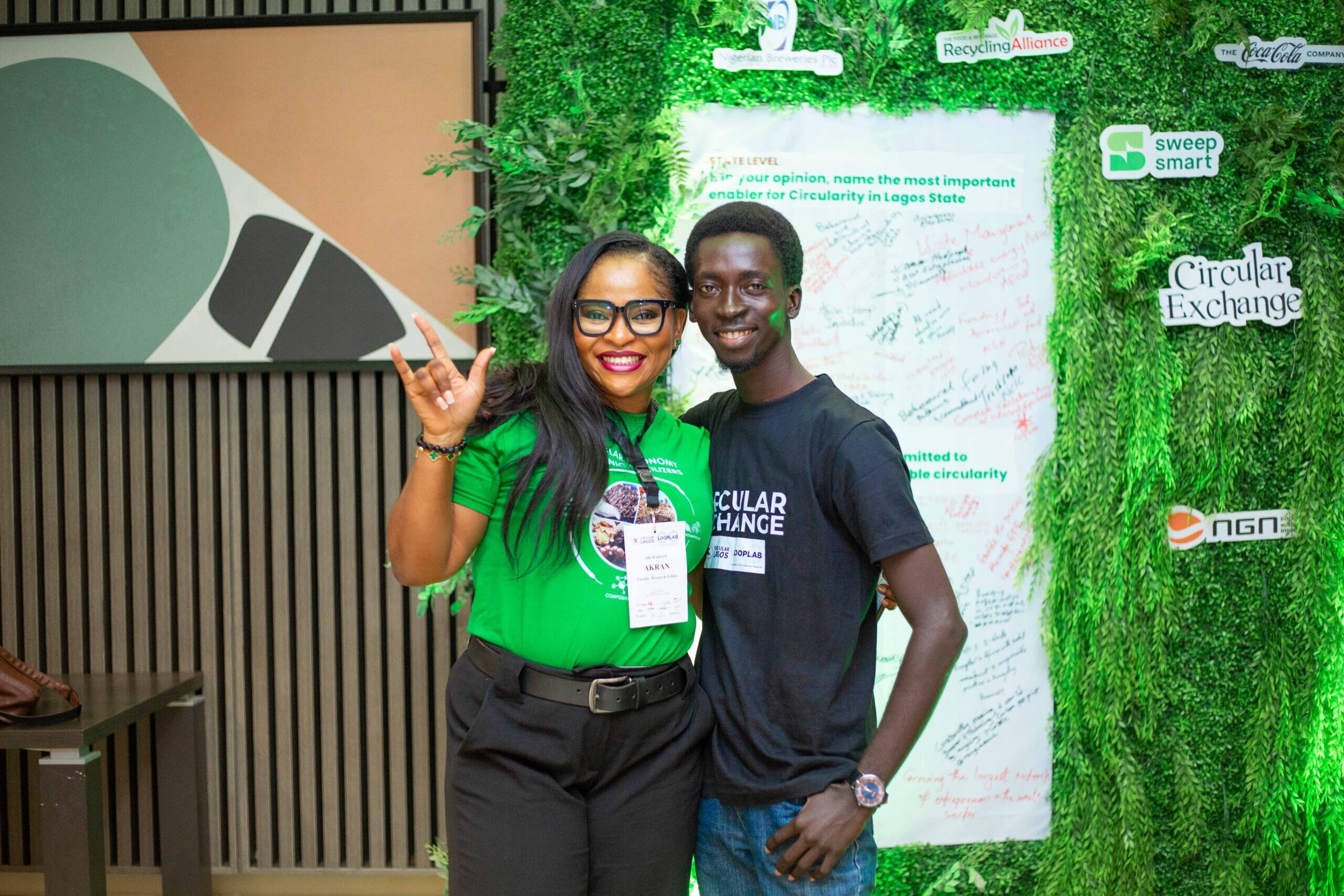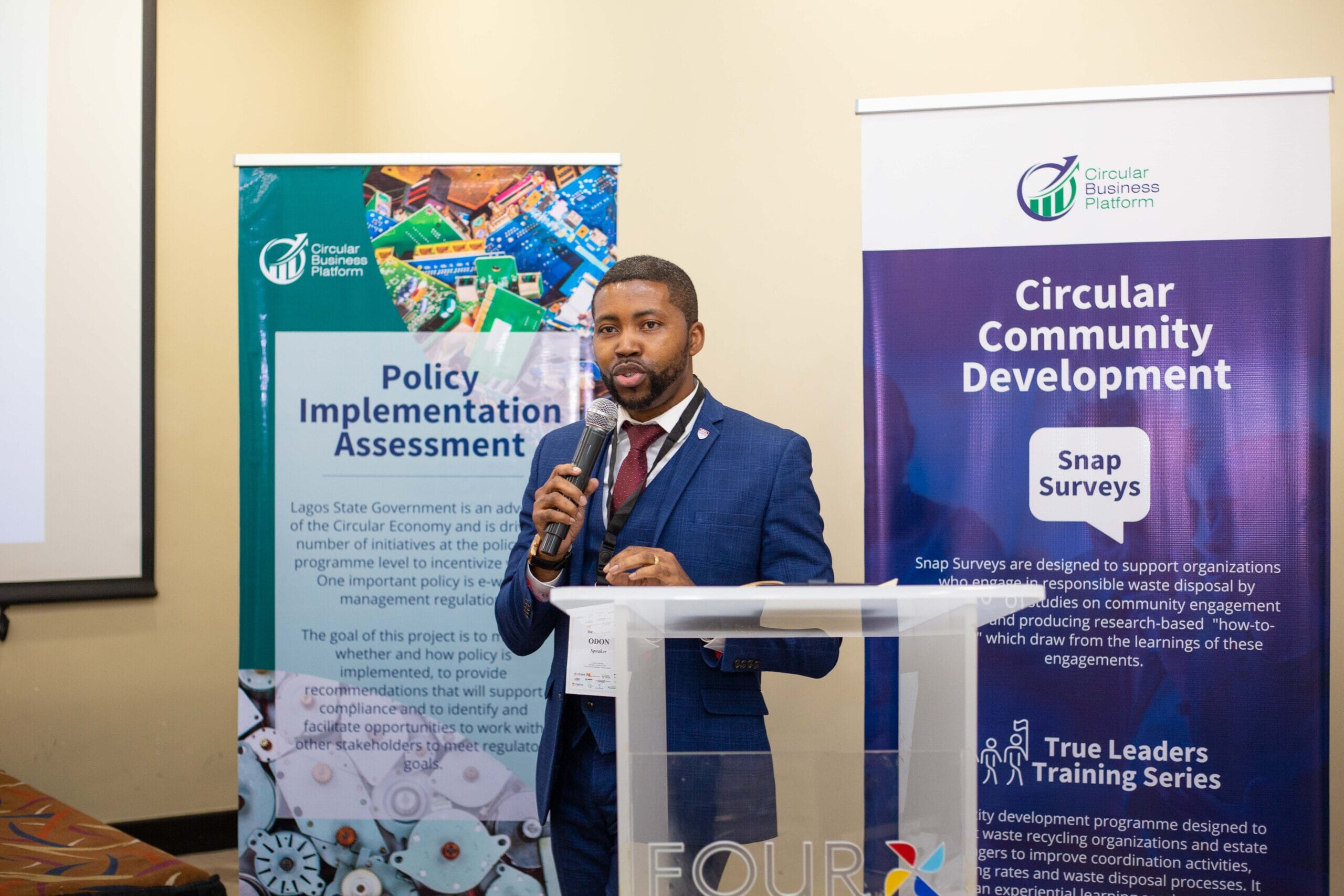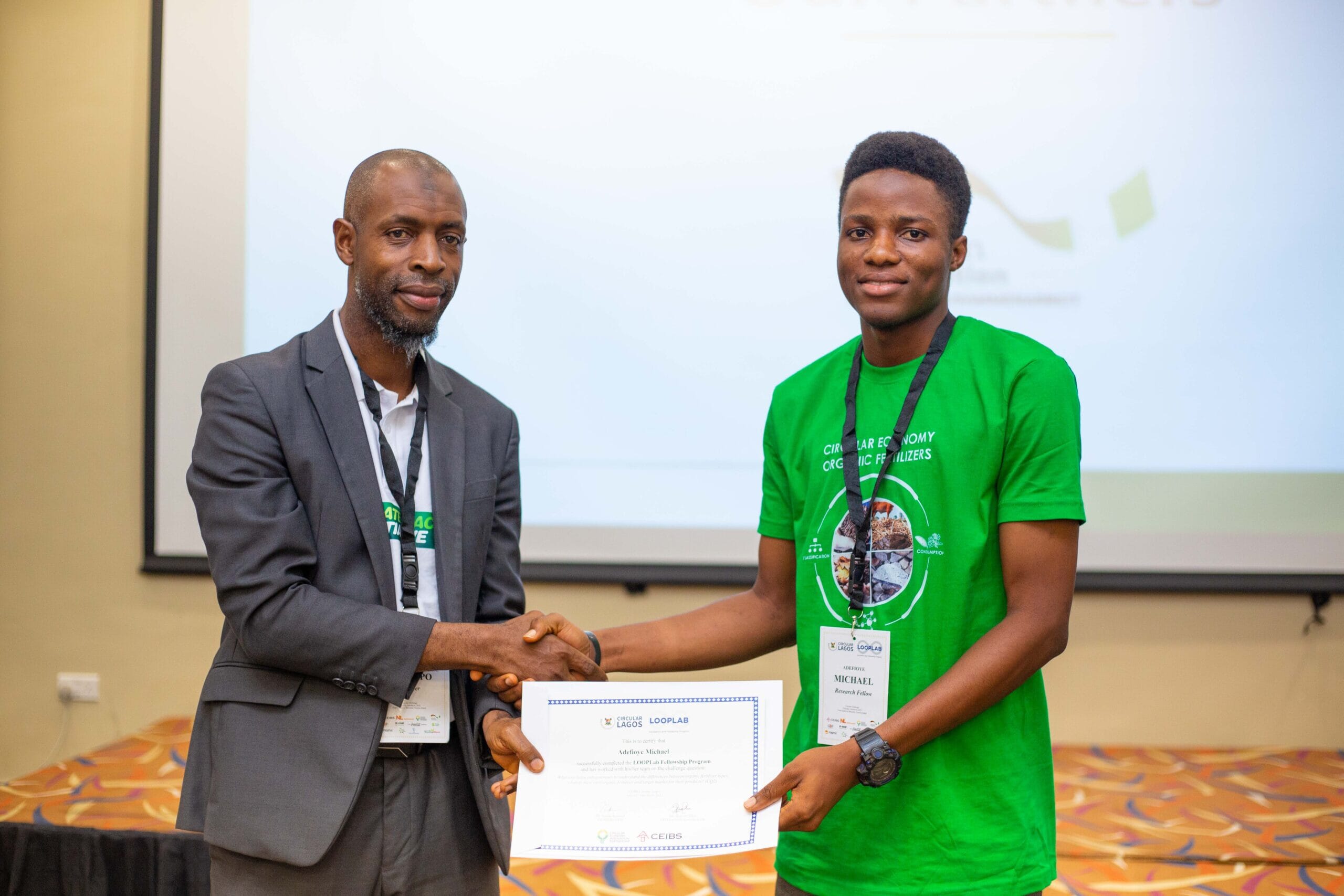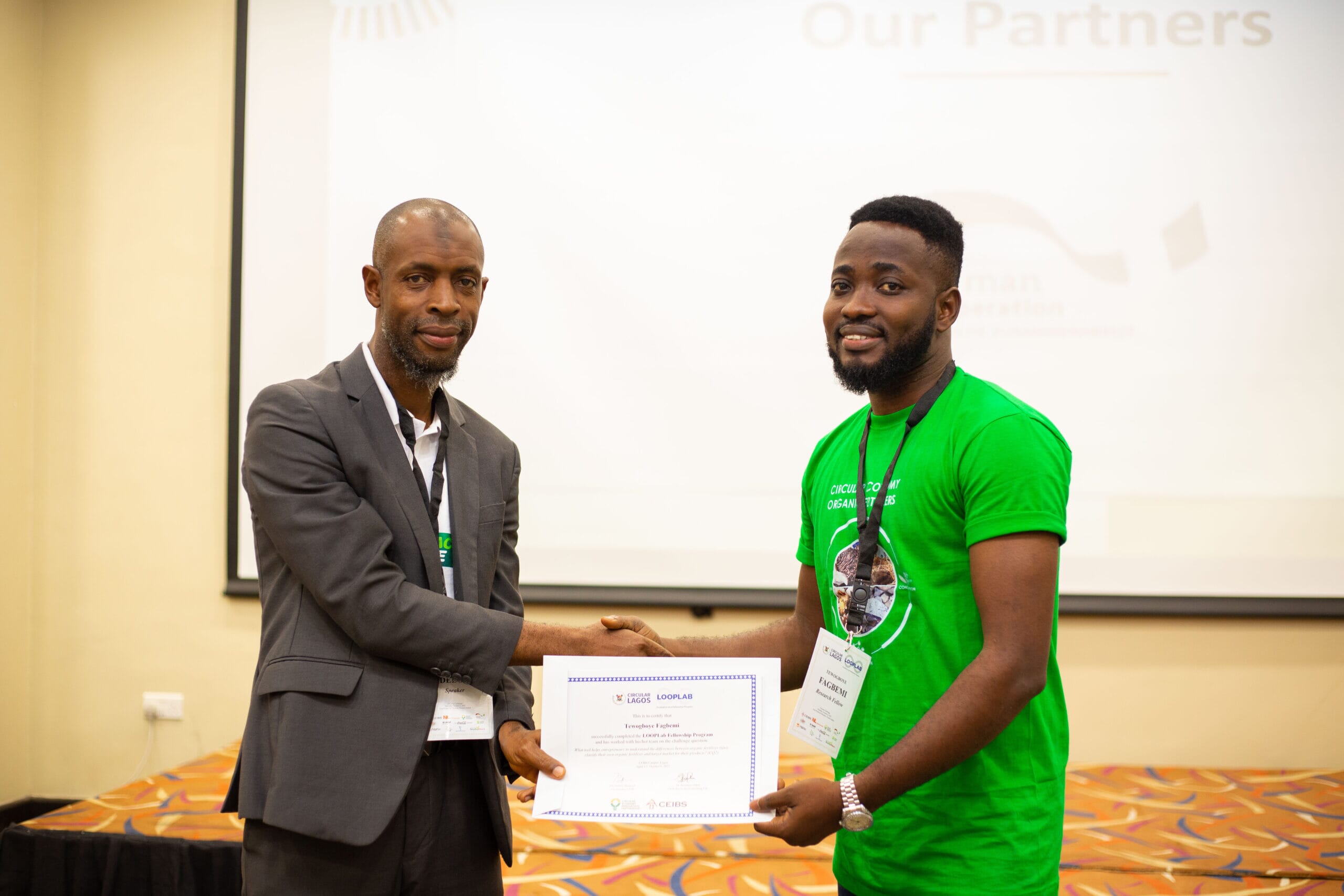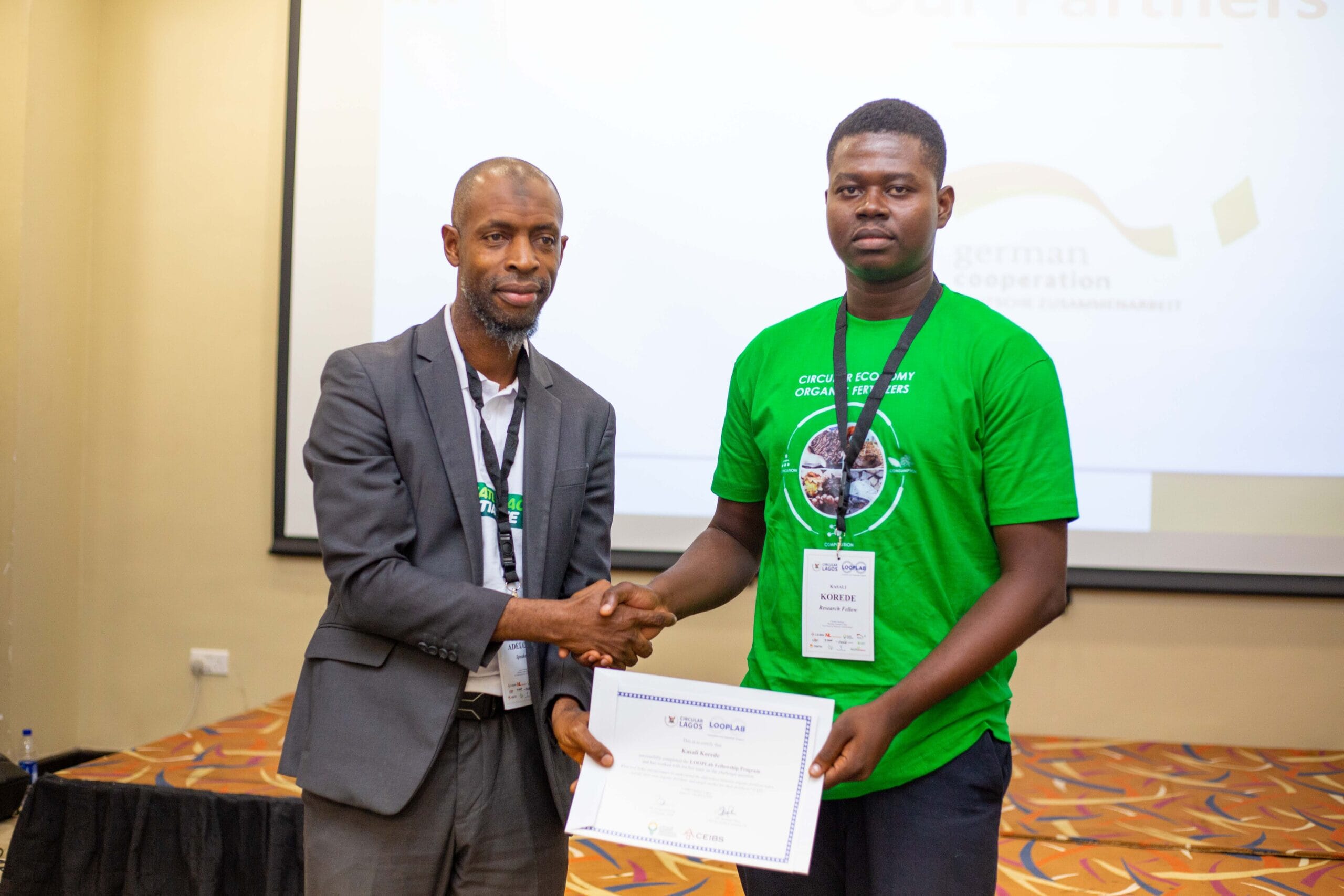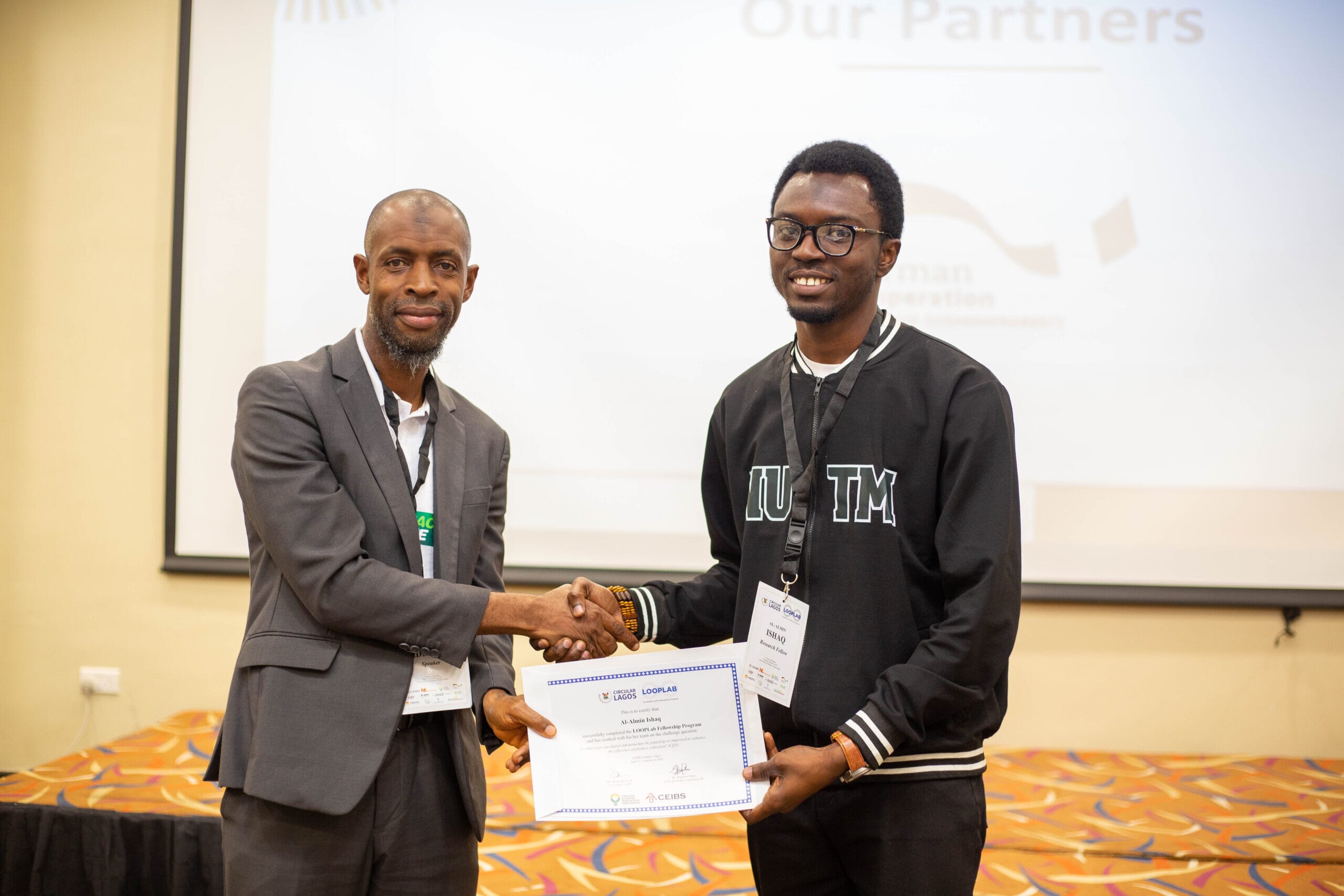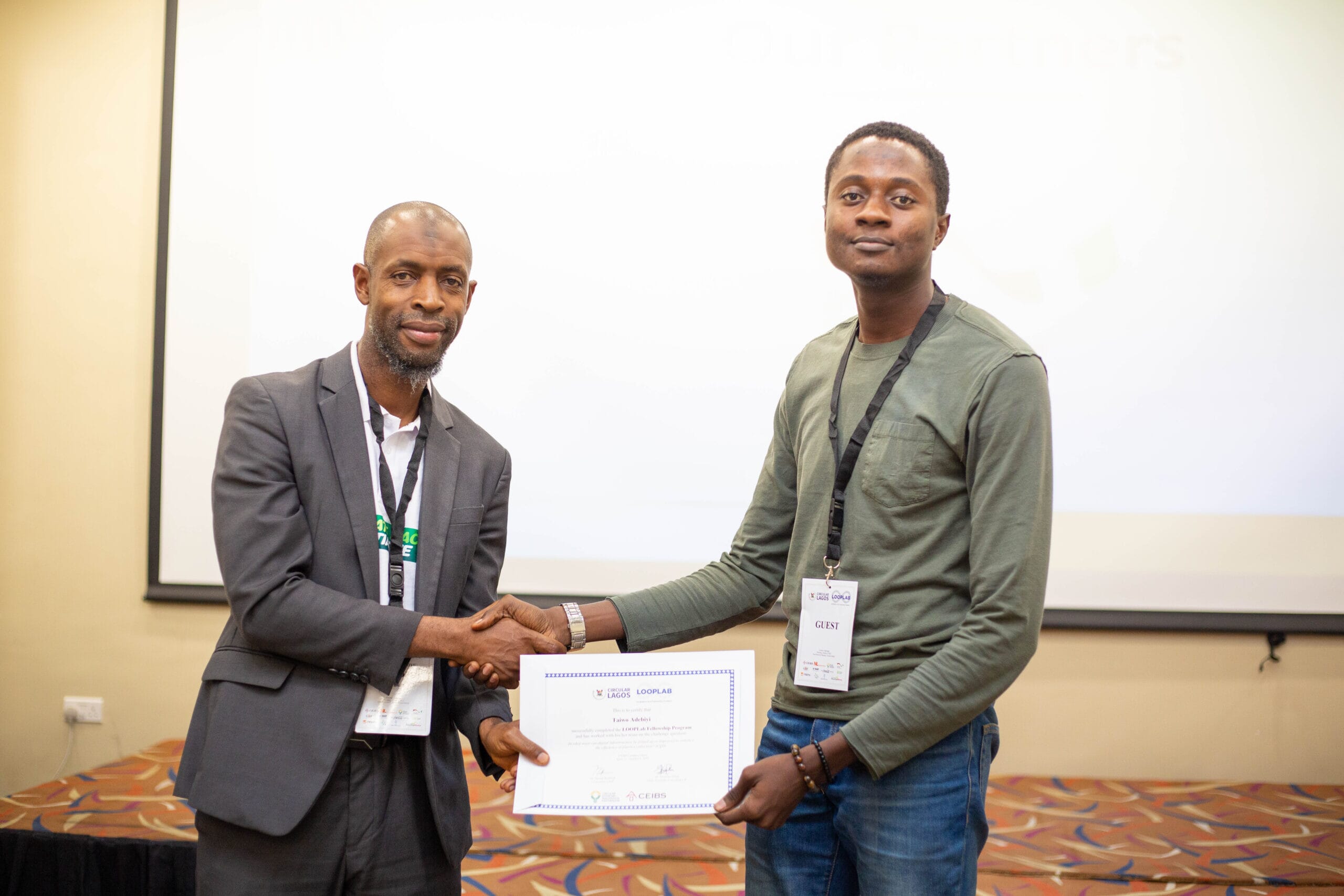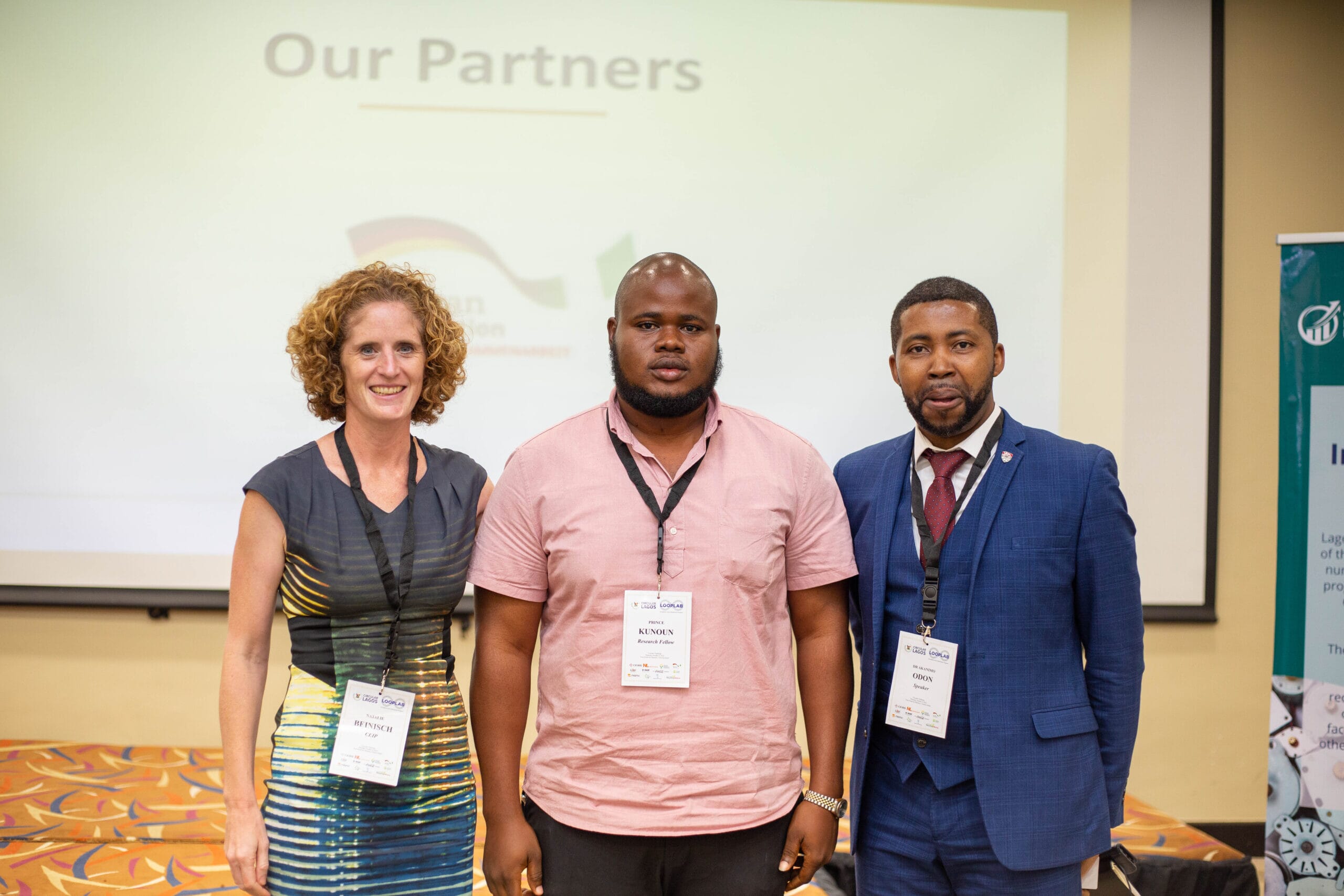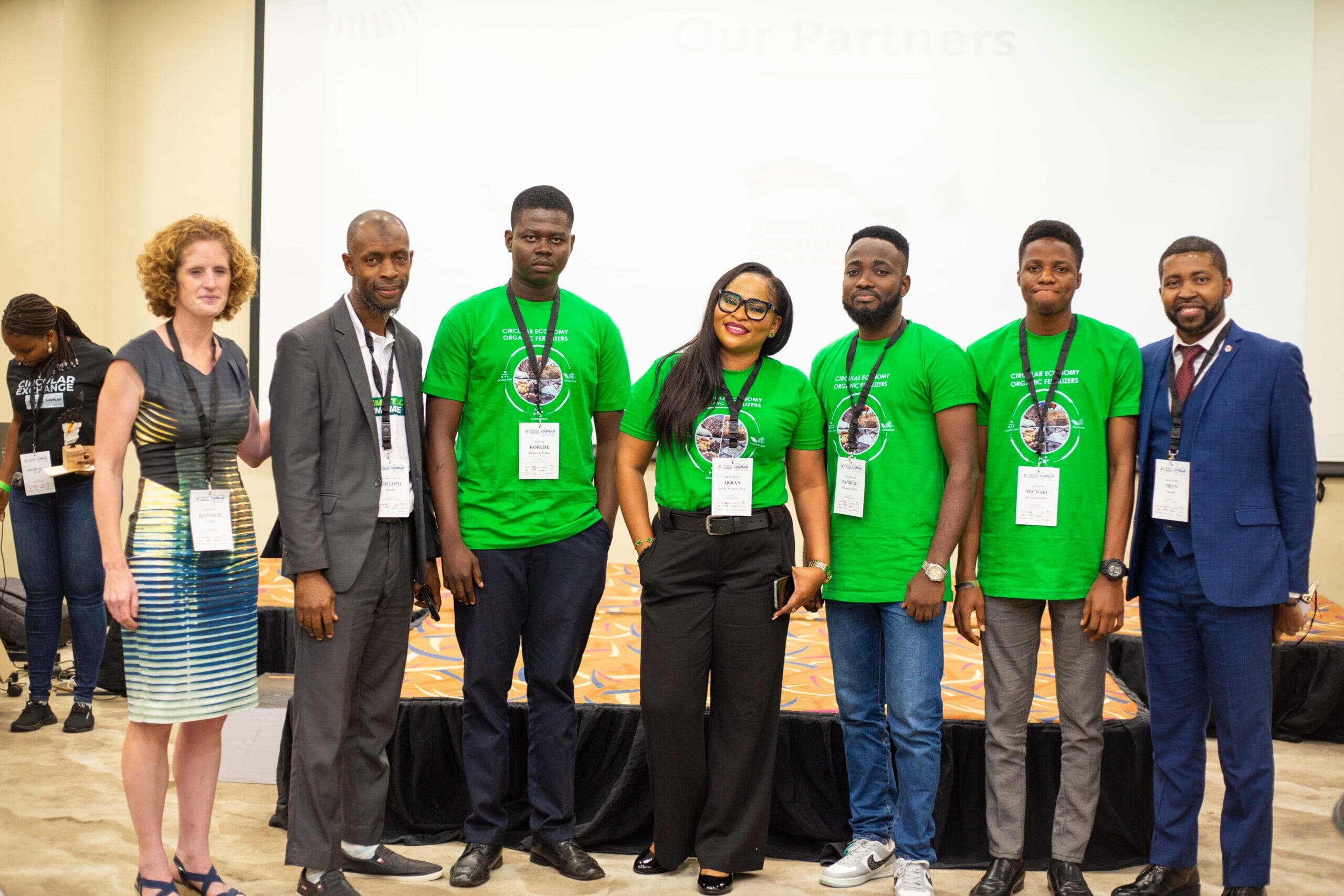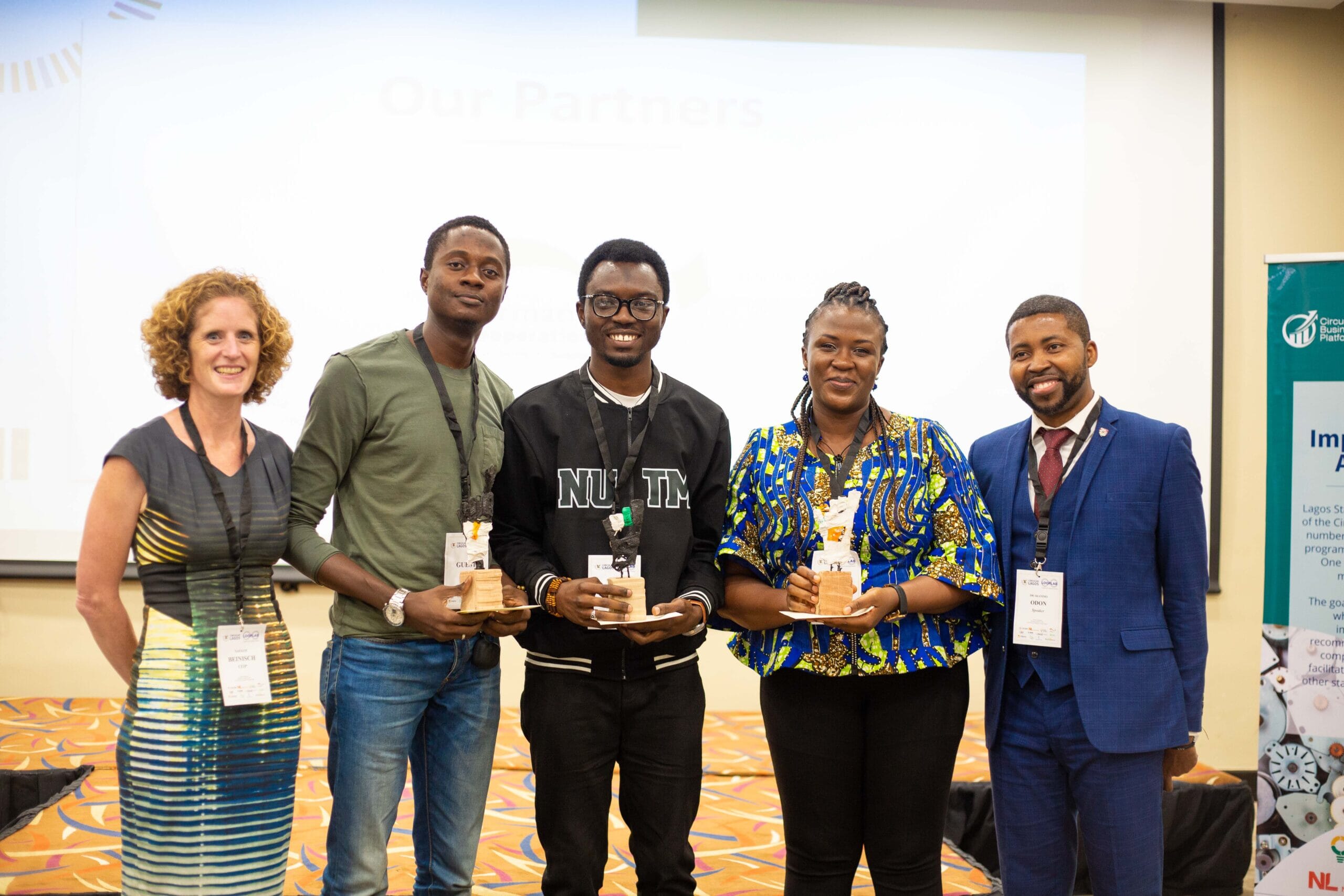LOOPLab Research Fellowship
Introduction
The LOOPLab research fellowship is a Circular Lagos Innovation non-business challenge which focuses on youth in higher education (Universities and Polytechnics) as a fulcrum to drive circular economy awareness, knowledge and creativity towards practical challenges.
It is designed to combine business reality with tertiary education as the team works with industries to identify challenges they face and provide practical answers to them through the fellowship programme.
It is a 5-months hybrid fellowship program structured to be a competition among students from different tertiary institutions. Problems (challenge questions) from the circular economy sector are identified and given to students to research on and produce a paper. Students from different institutions make a team.
The Challenge/Need:
More than half of 420 million young people in Africa are unemployed or vulnerably employed (ADB 2019). This can be attributed to the lack of quality education, training and platforms that provides practical knowledge and employability skills. It is also estimated that the population of Sub-Sahara Africa of about 1 billion people will be doubled by 2050. As defined by poverty head count ratio at $1.90/day World Bank 2012, more than 40% of the population is attached to key challenges including waste management, land degradation, deforestation, air pollution and increased industrialization.
Programme Facilitation, Circular Talent Pipelines
Circular Lagos
Lagos, Nigeria
Solution
CEIP in partnership with Circular Lagos and challenge owners designed a strategic circular economy program that equip youths with employability skills. The research fellowship incorporated the following implementation strategies:
-
Peer Networking & Mentorship:
The programme provided participants with routine check-in sessions with faculties and mentors, as well as touch sessions with challenge owners to align on goals and offer support in the research efforts of the participants. -
Taught Sessions:
A carefully curated curriculum was delivered virtually, covering Circular Economy Fundamentals, Research Methodologies for Impact and Growth, Milestones and Rebuilding Strategies by local and international faculty to ensure that participants had access to required knowledge. -
Careers’ Week:
A four day workshop series, sharing journeys and strategies to develop sustainability-oriented career paths. -
Presentation of paper with key recommendations on challenges questions:
At the end of the fellowship program, each participating tertiary institution presented a research paper on the challenge question assigned to them. The best performing paper meeting the stipulated presentation criteria was awarded.
Results
The following are the significant outcomes and impact of the programme:
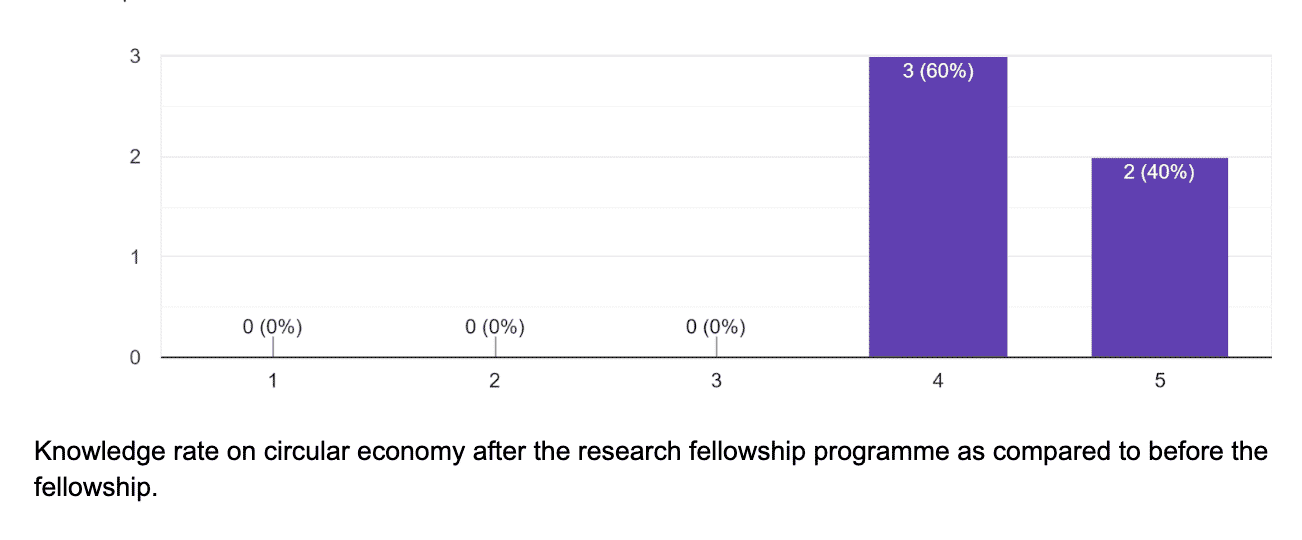
Increased knowledge on circular economy among undergraduate and graduate students.
The creation of a talent development platform for young professionals interested in building sustainable careers in circular economy i.e Circular Oasis Community.
Soft skills empowerment through active participation in projects and volunteering opportunities.
A rapid improvement in research skill and methodology as active research was a key component of the programme.
In their own words:
Conclusion
The LOOPLab research fellowship successfully empowered 9 fellows through the research work done on the challenges, peer networking sessions, careers week and taught sessions thereby contributing to their career development.
Talent development is key in a circular economy and there is no better time than now to contribute to the development of the youth population. Through the Circular Oasis Community we seek to create a talent network that engages universities, professionals, entrepreneurs, and other key stakeholders in developing this demography to create impact.
